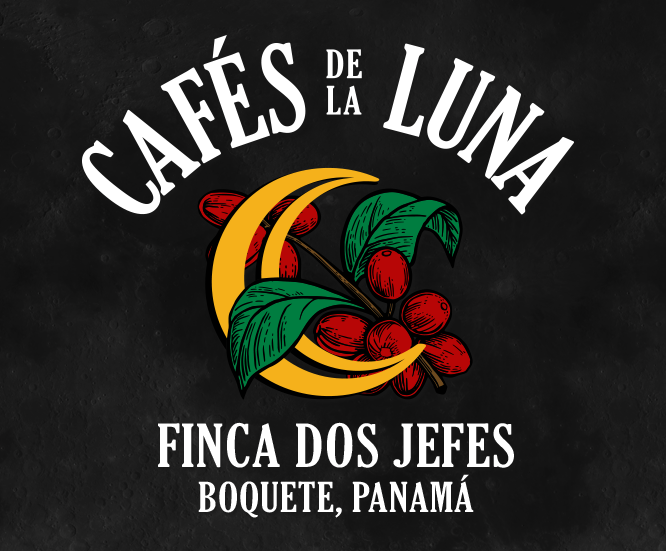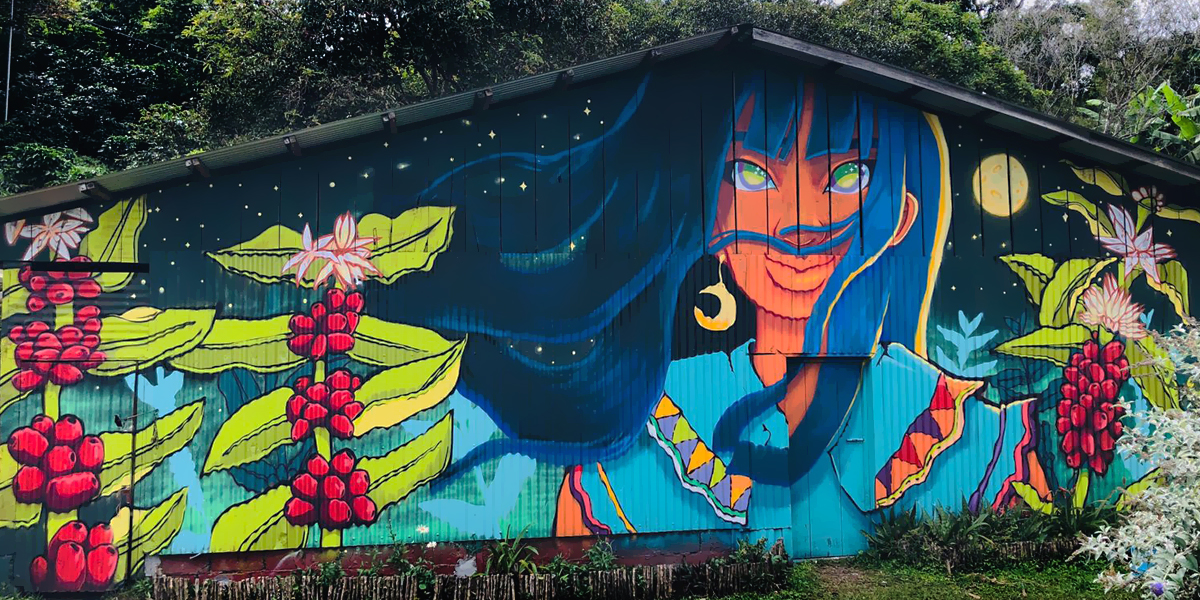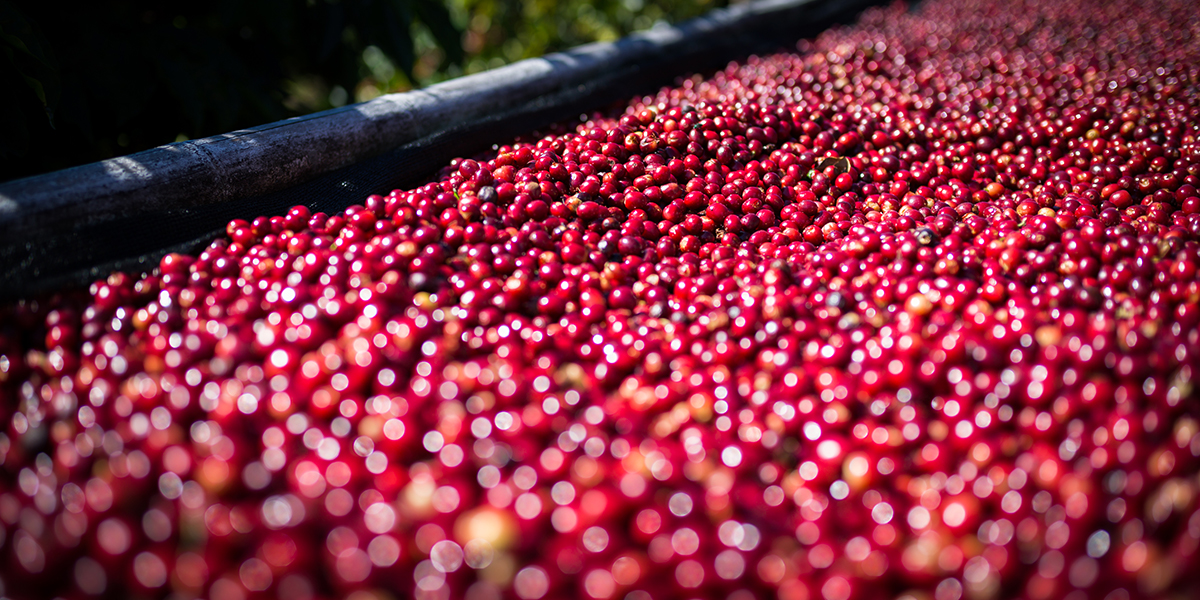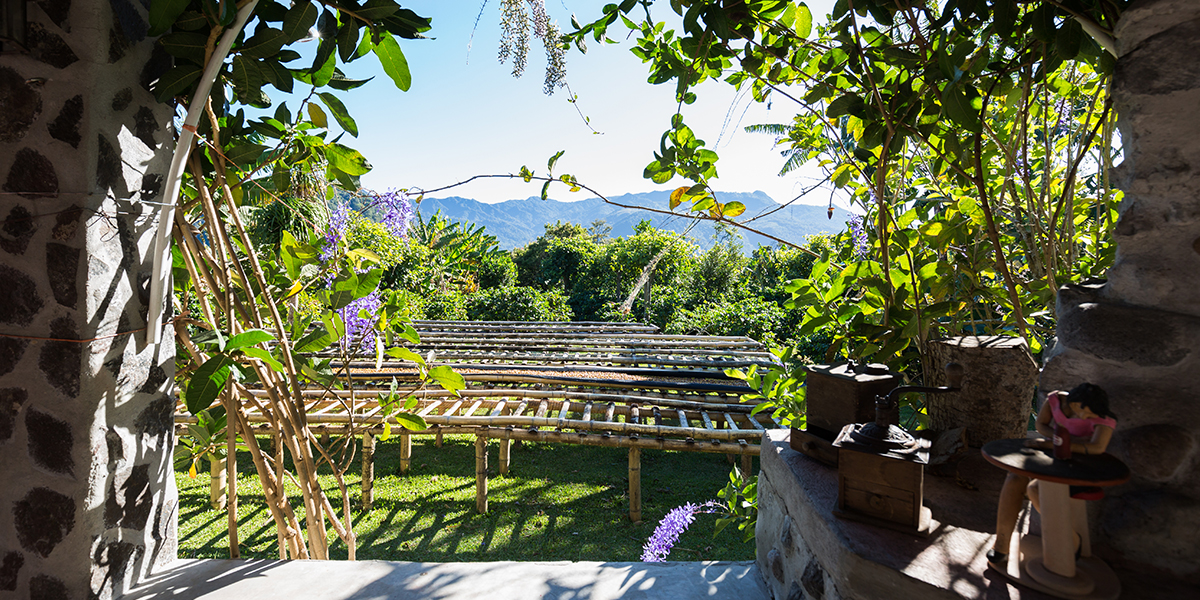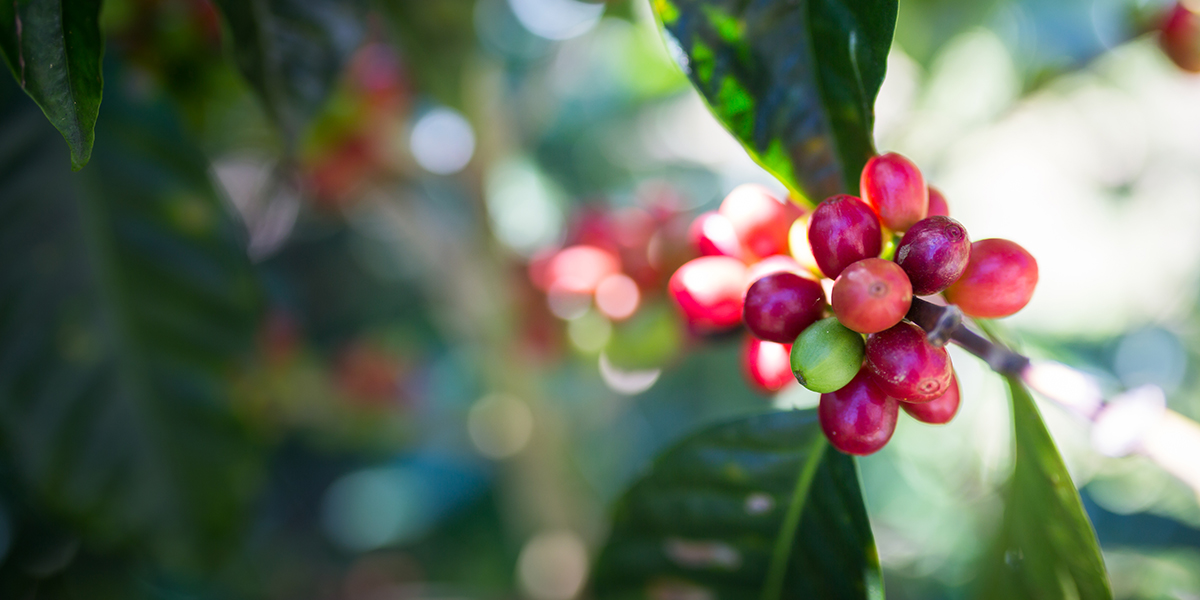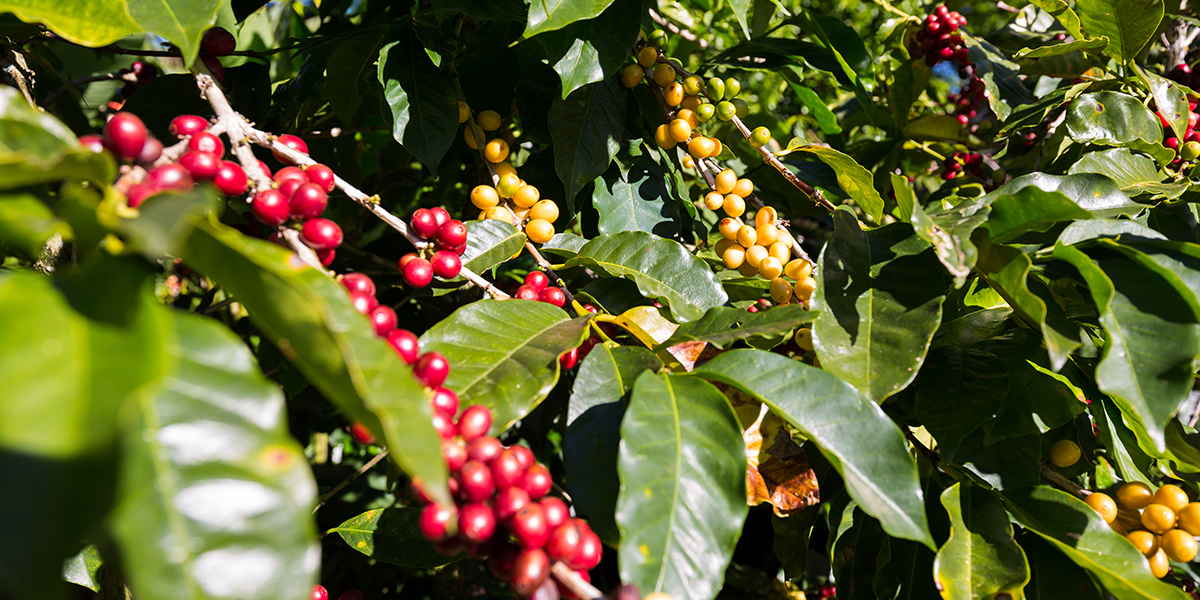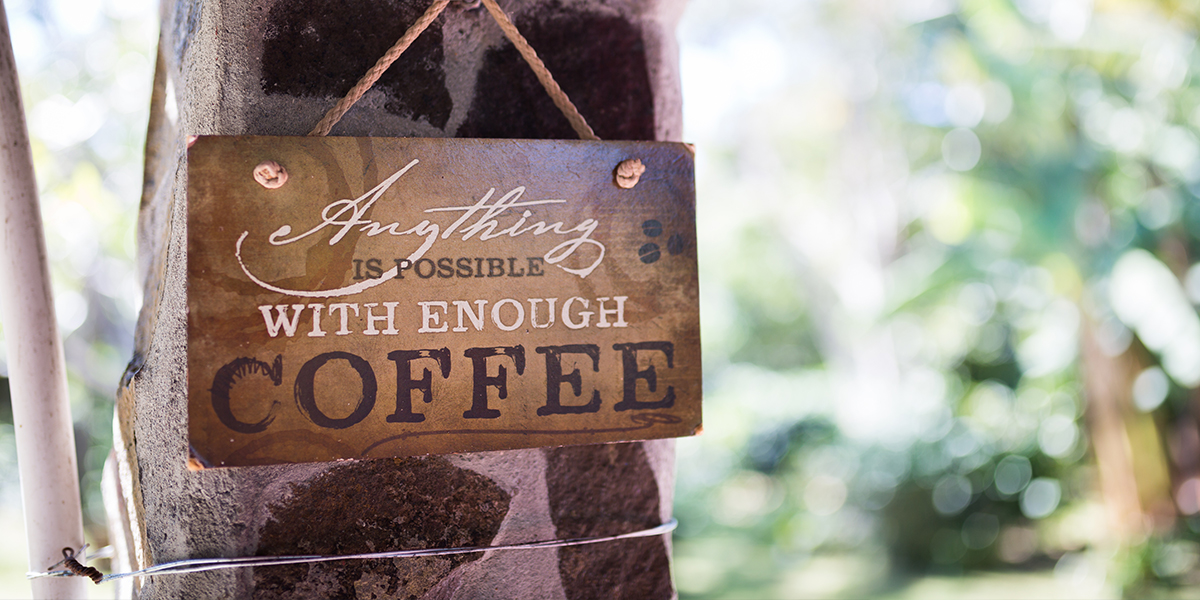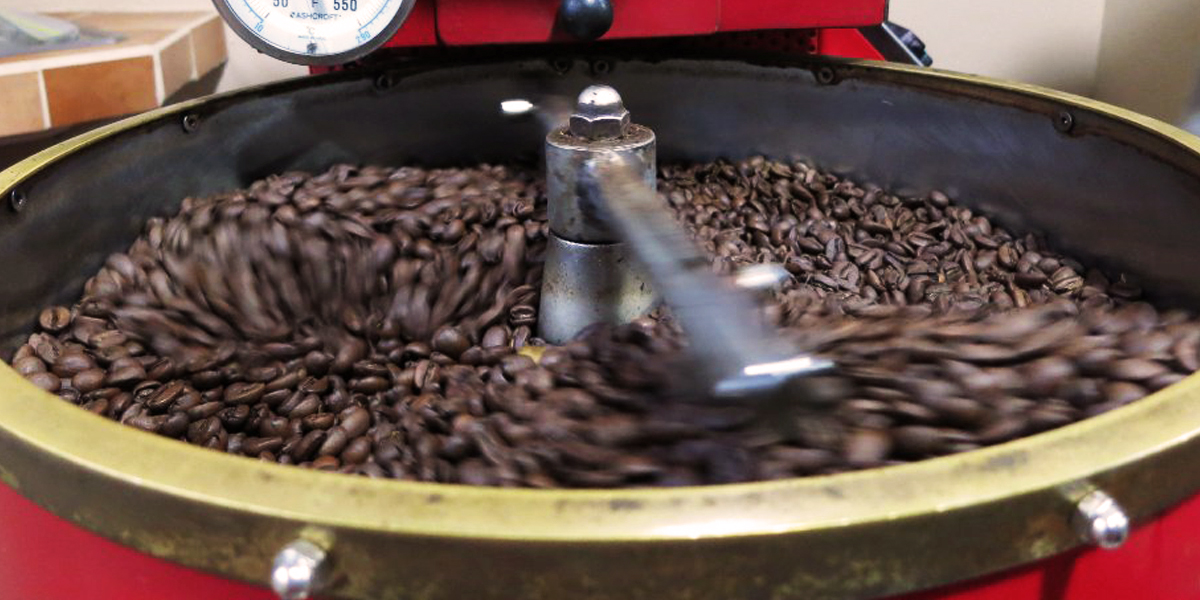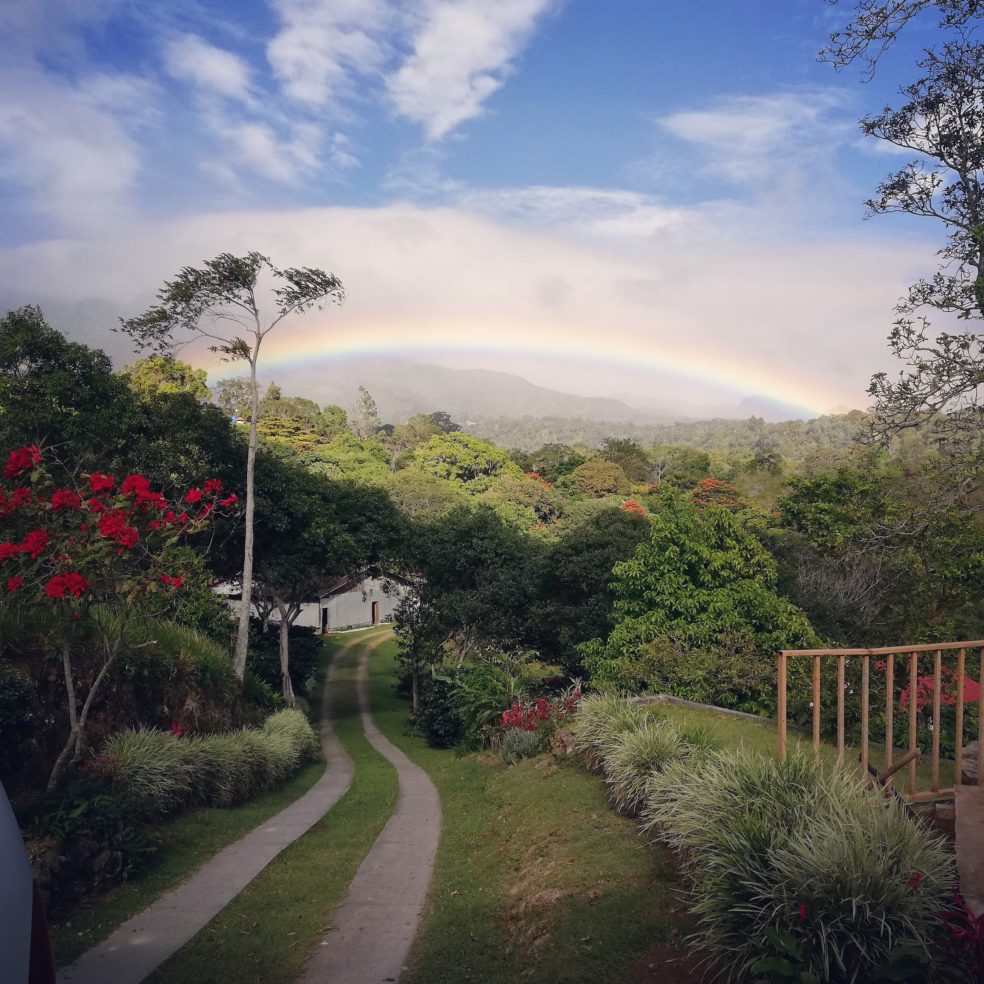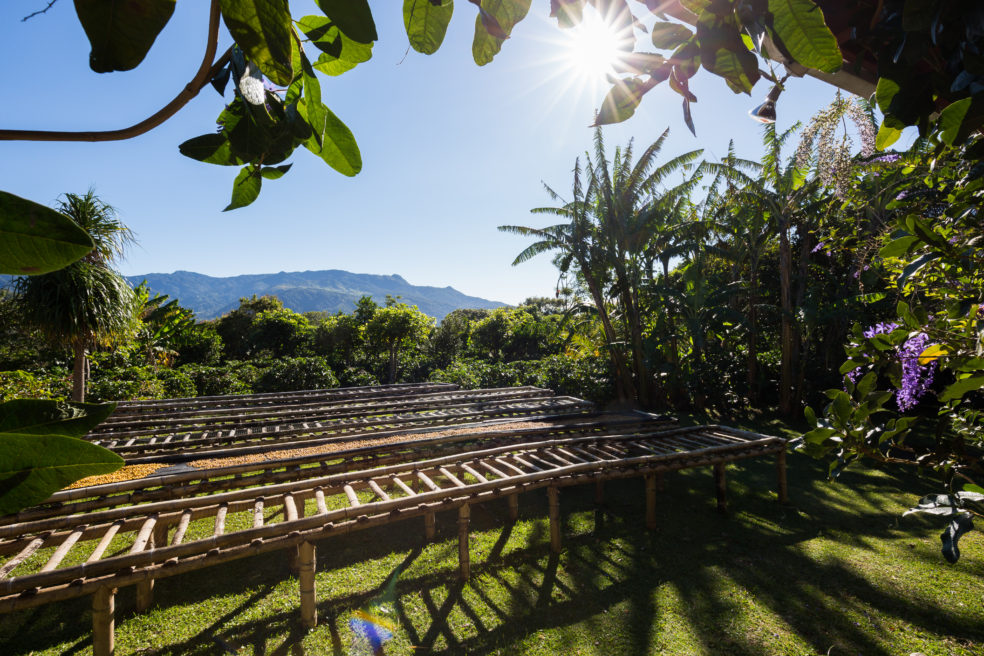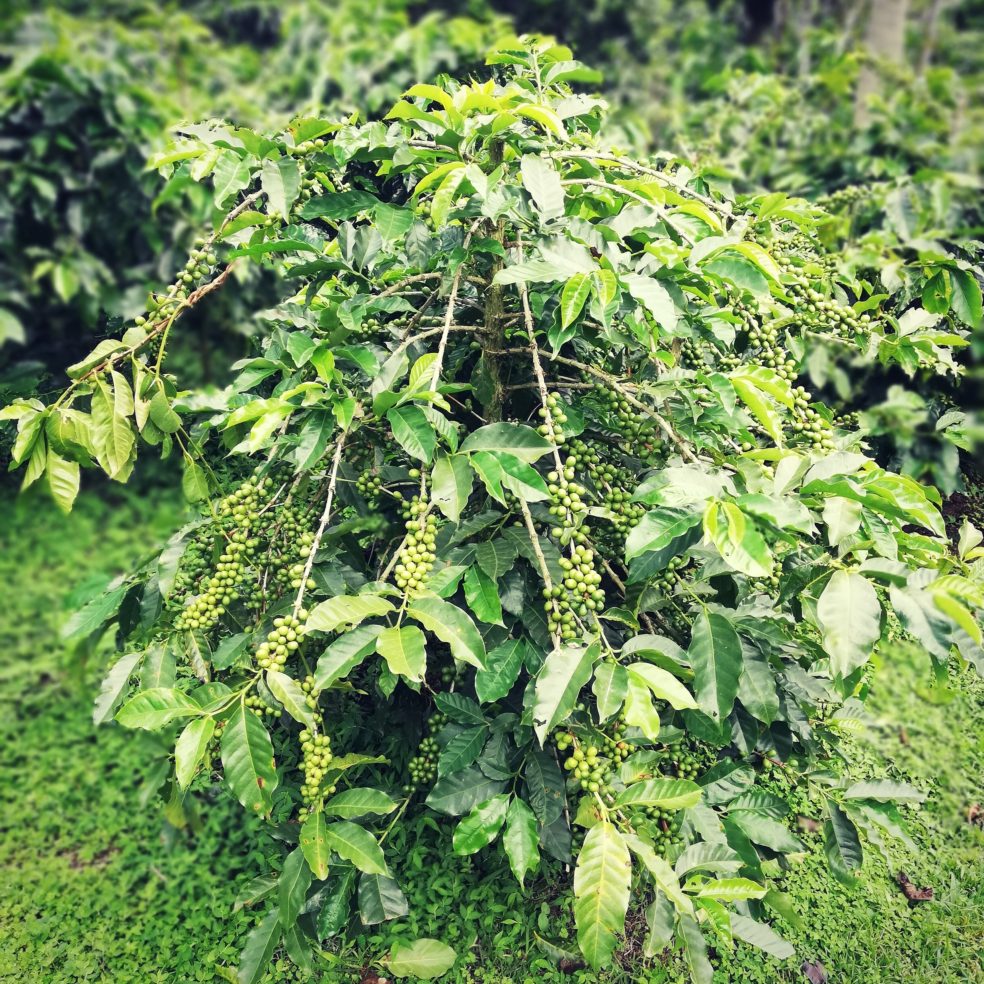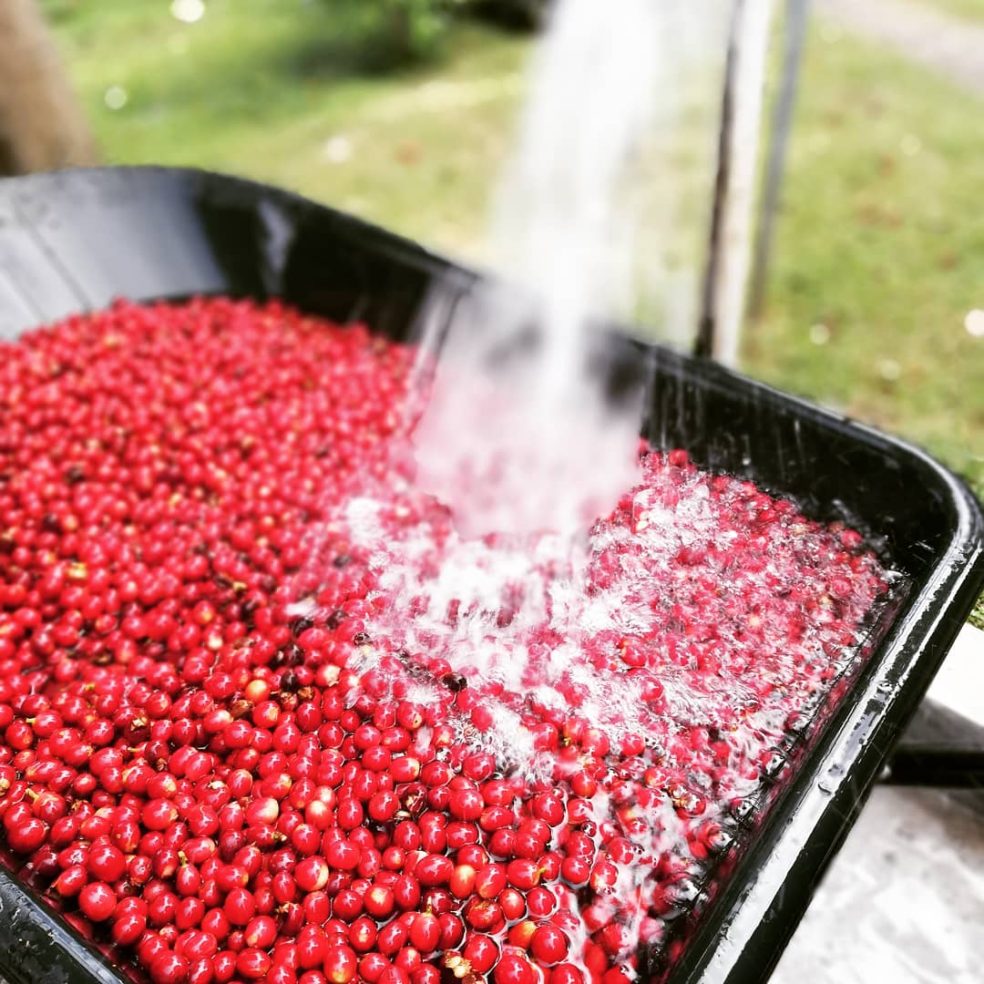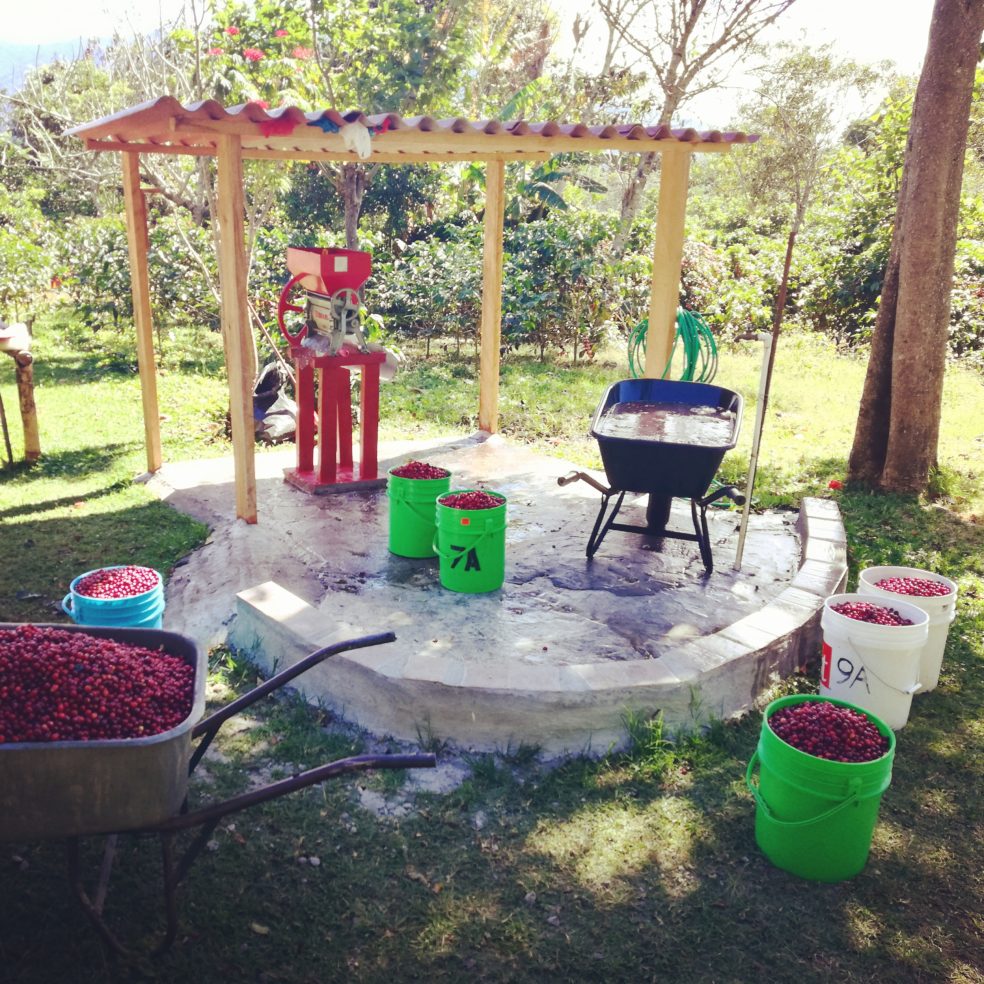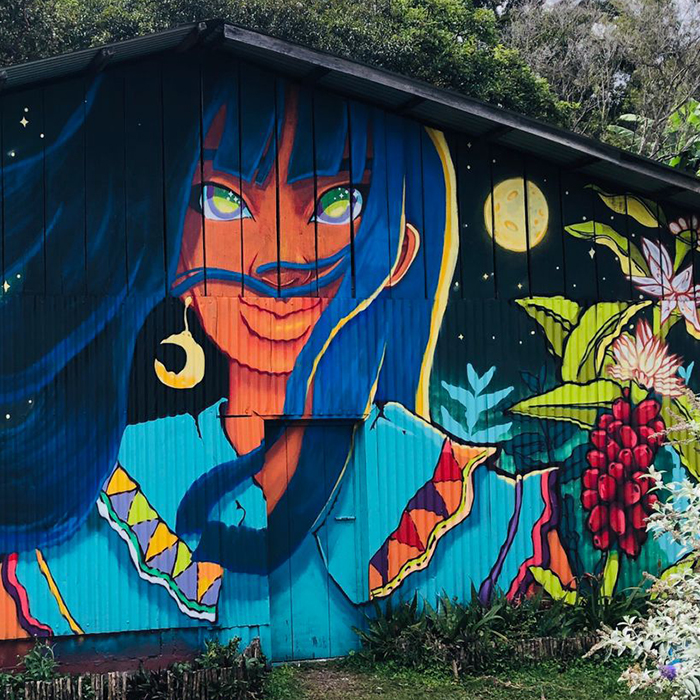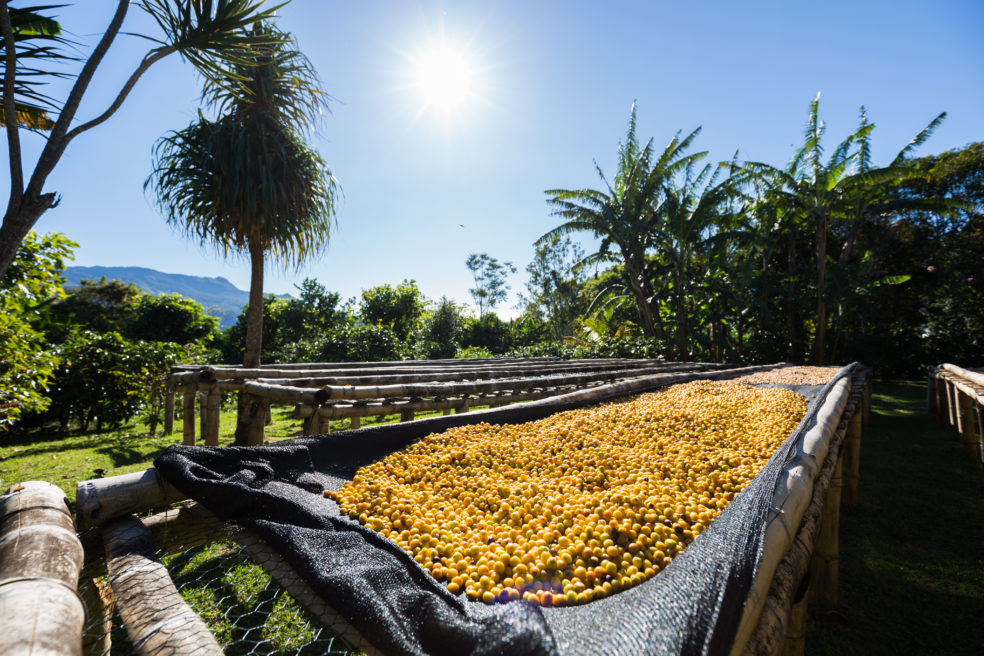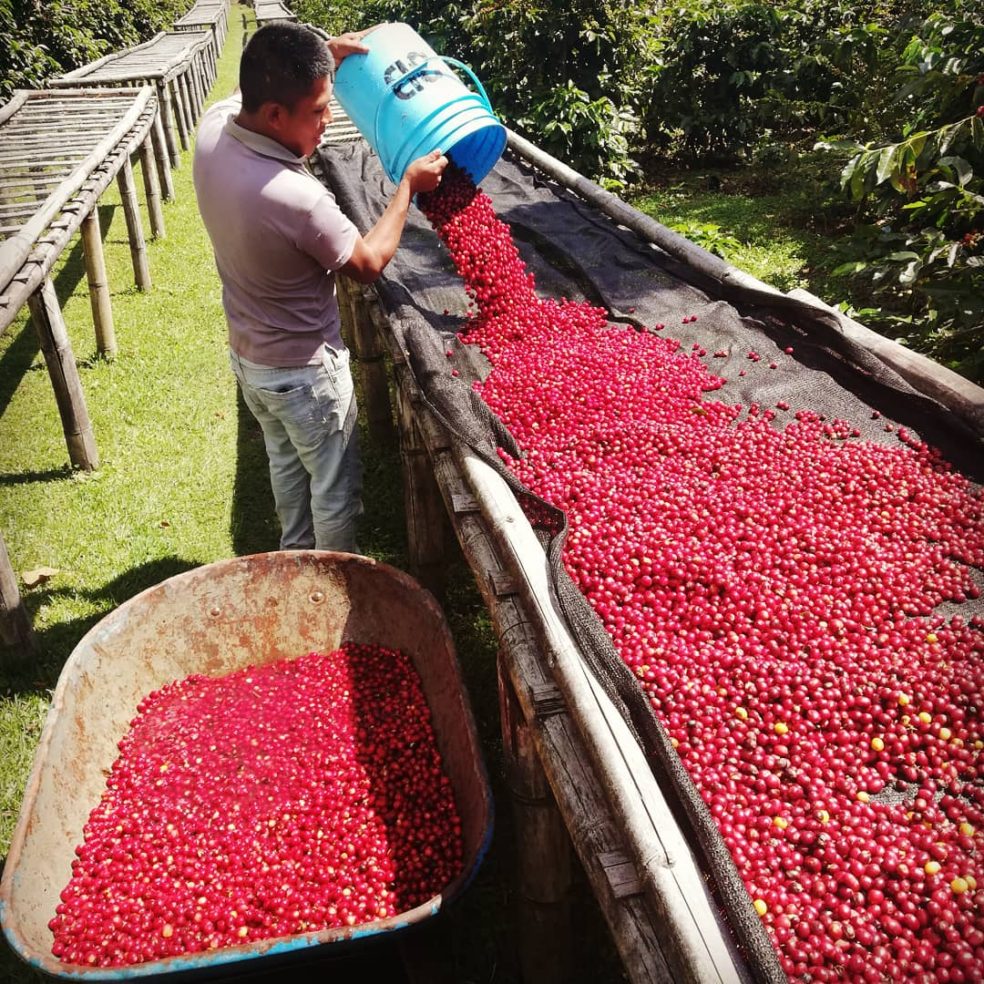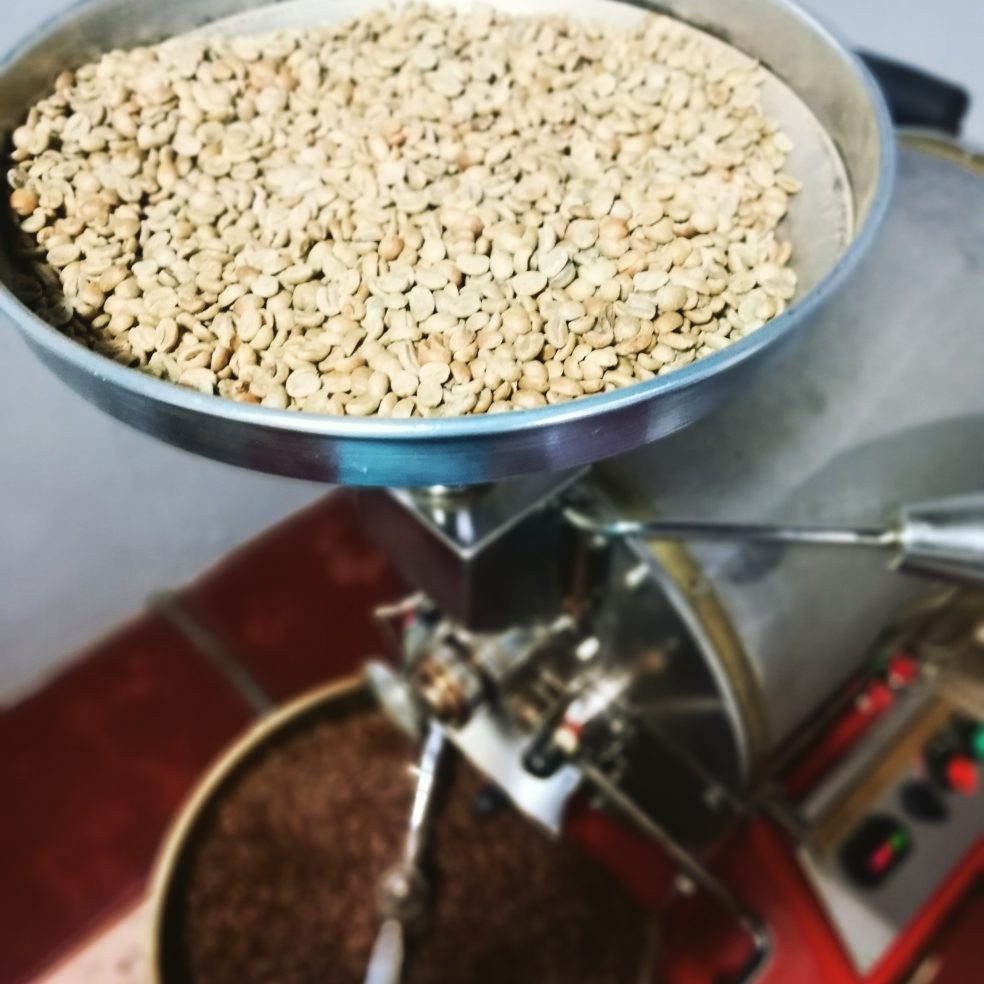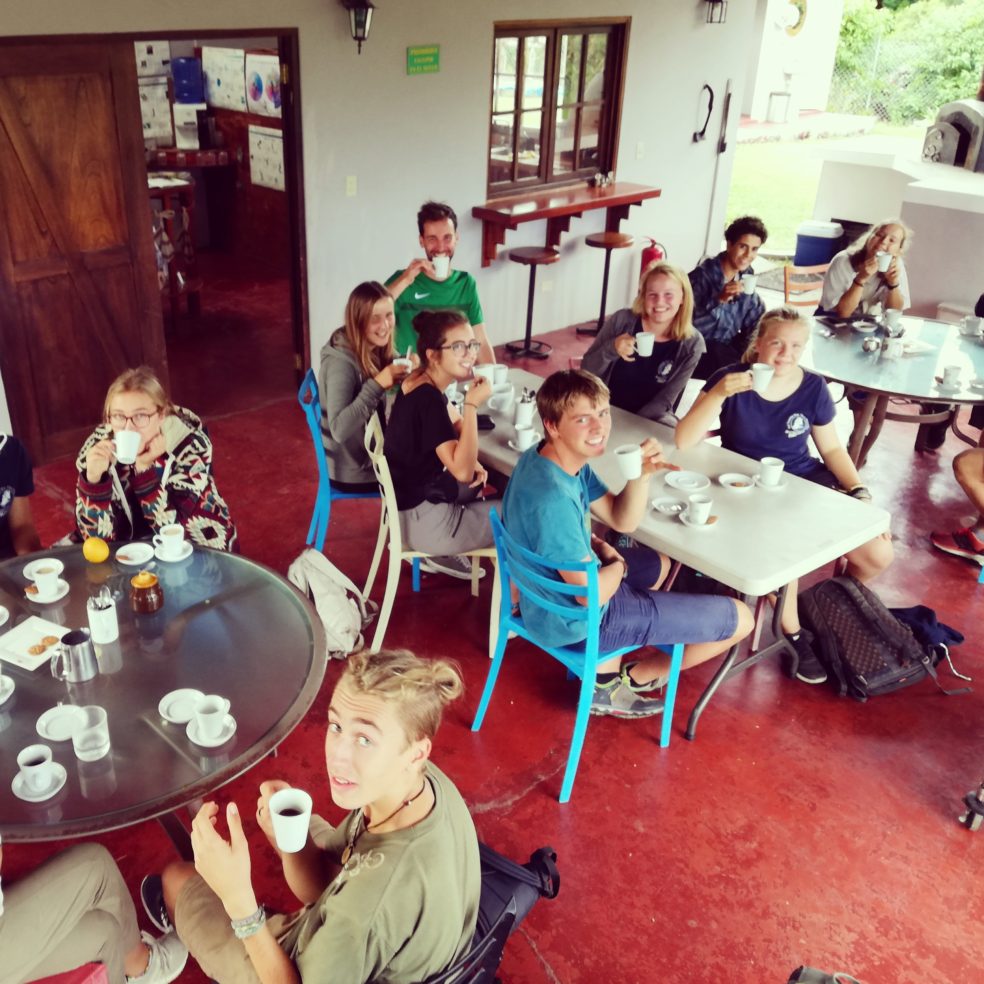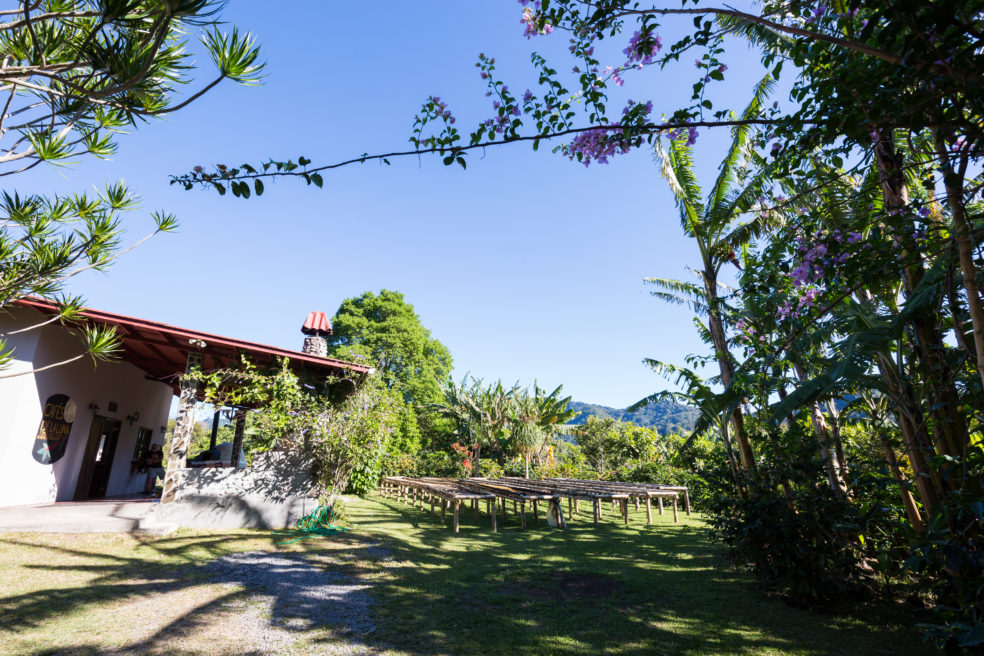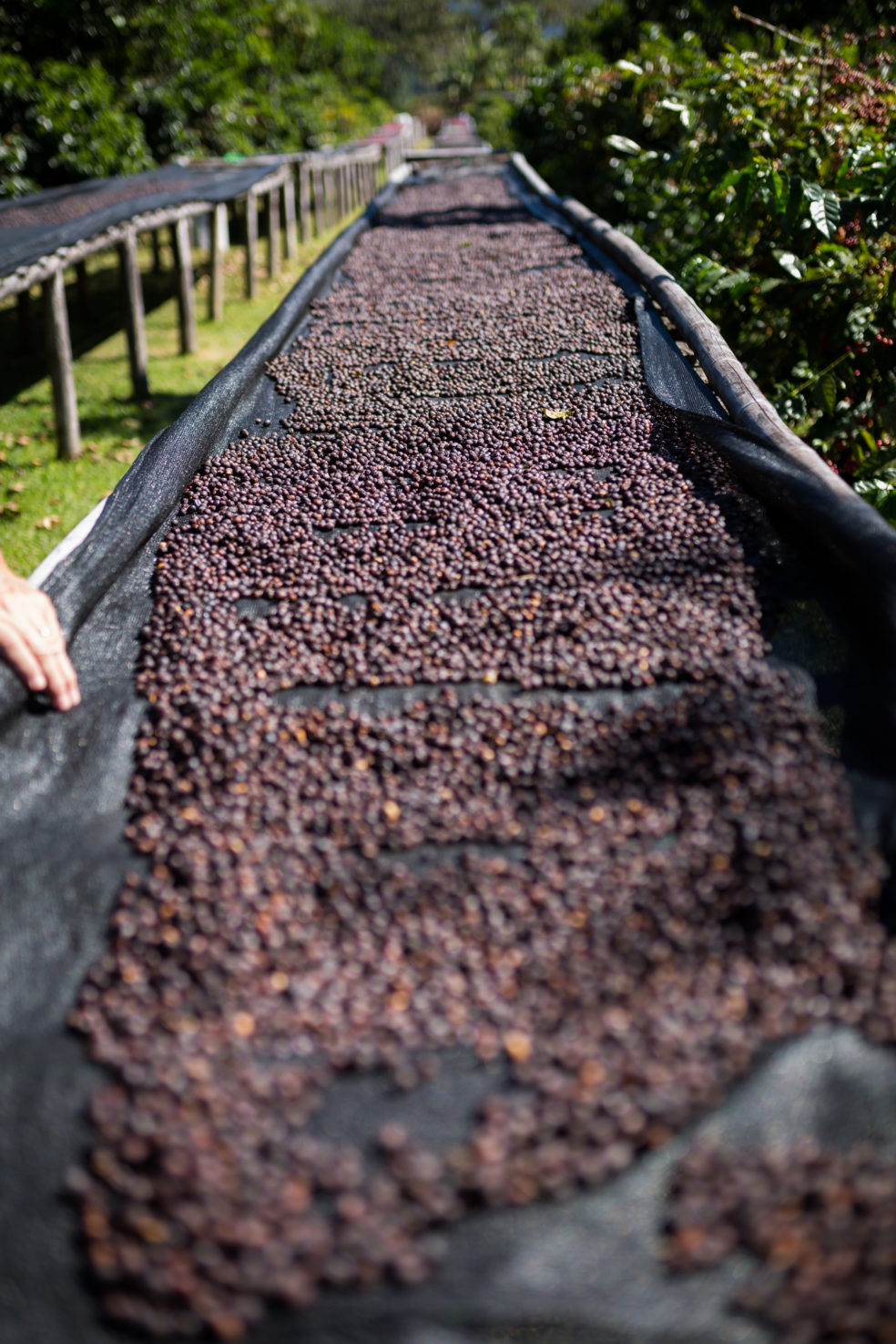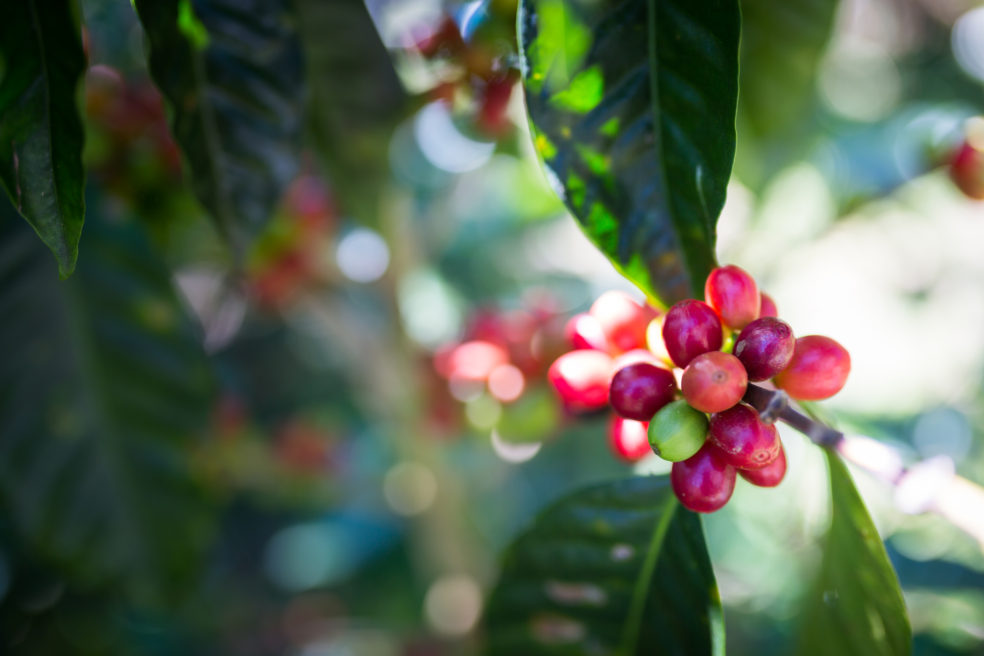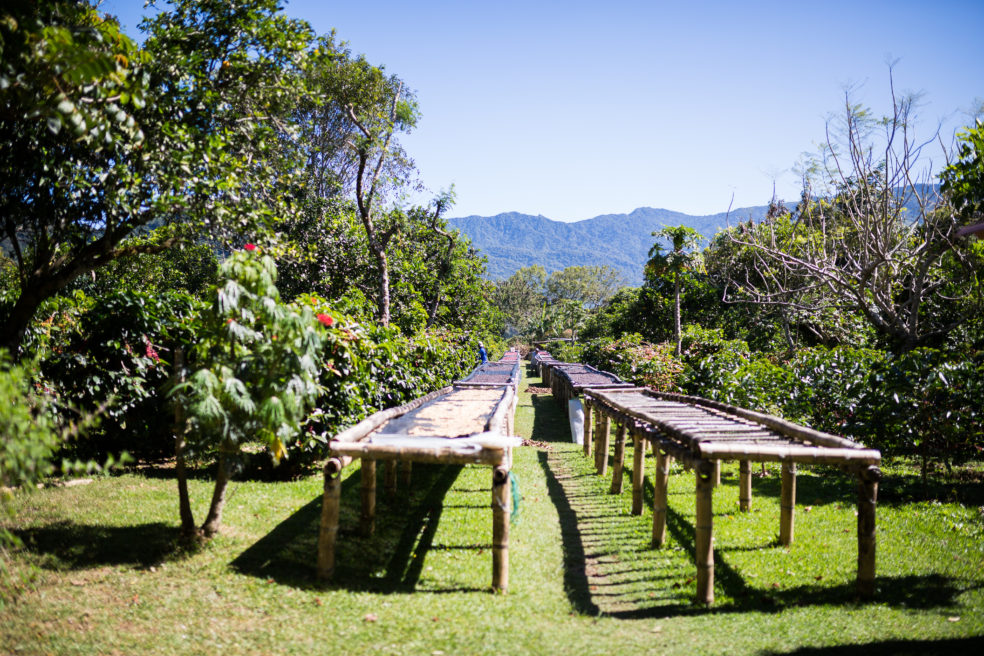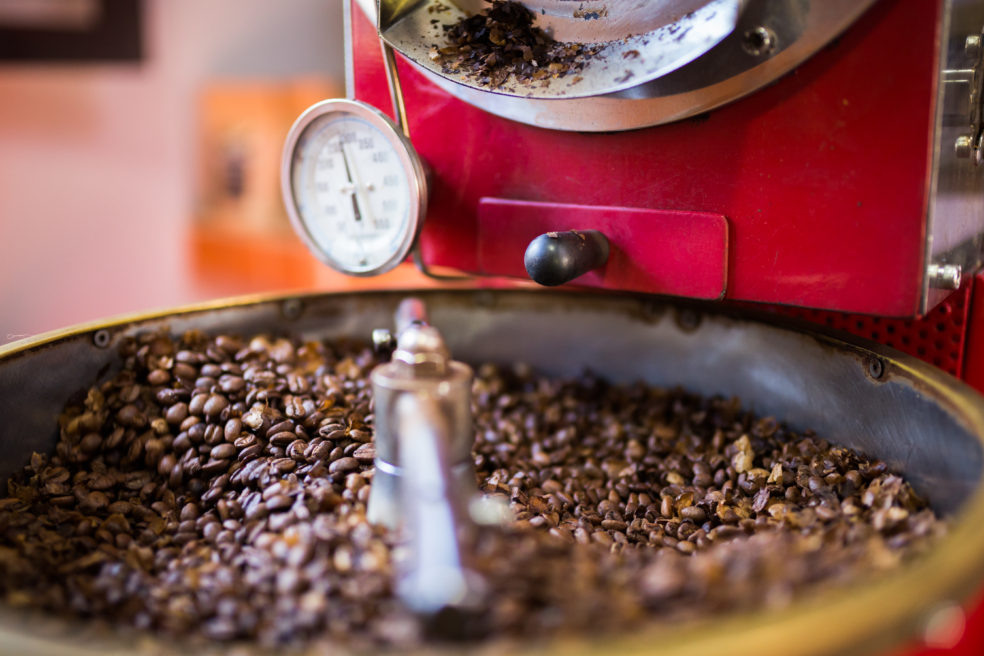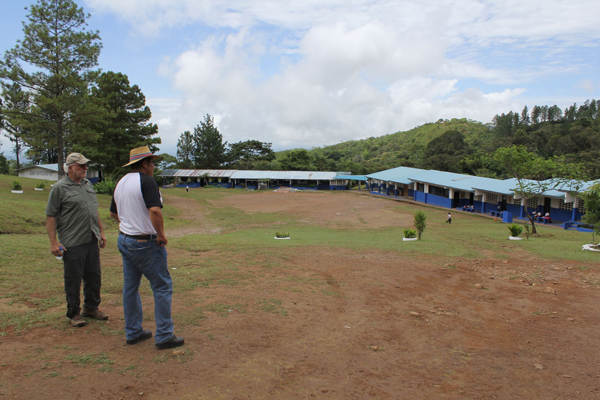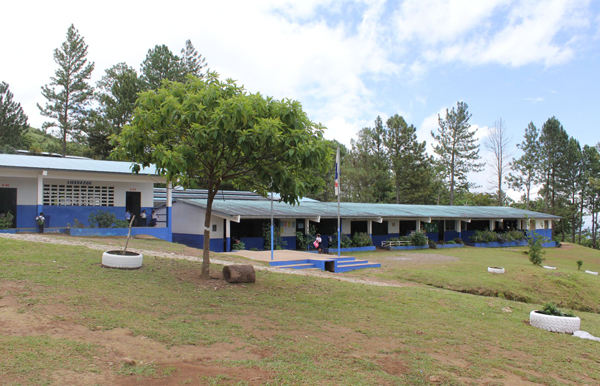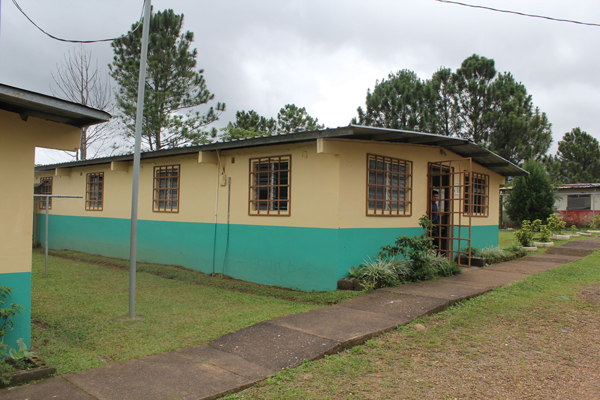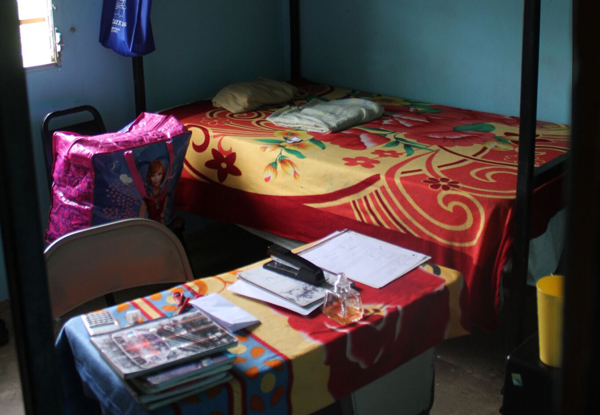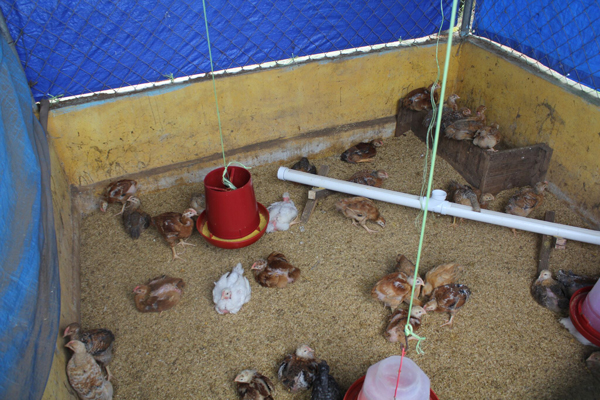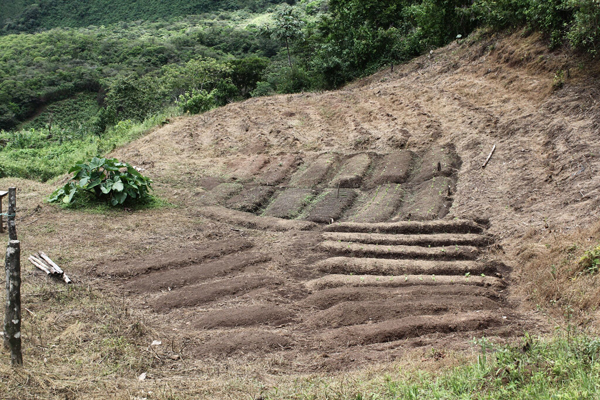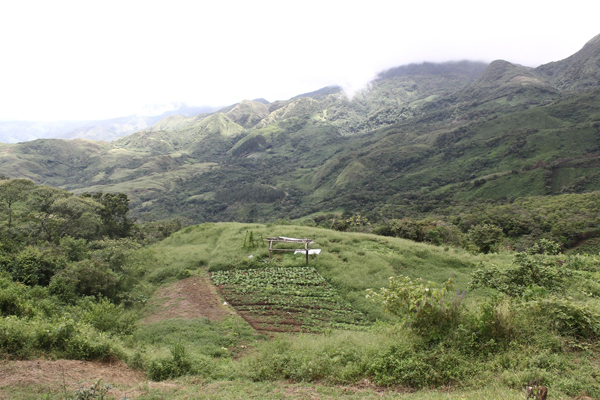WELCOME TO FINCA DOS JEFES,
We are located in Boquete, a small mountain village on the slopes of Volcan Barú in the province of Chiriquí, Republic of Panamá. This seven acre farm is 1400 meters above sea level. Dee Harris and Rich Lipner purchased the abandoned coffee farm in 2003 and began the ongoing process of reclaiming the land and improving the quality of the coffee. They added many new plants and now grow seven varieties of Arabica coffee: Pacamara, Heirloom Bourbon, Gesha, along with the original Caturra, Catuai, Criollo and Catimor.
Farming and Processing Practices
Cafés de la Luna is organically grown, naturally processed, and carefully roasted on the premises. We also farm in alliance with the phases of the moon. During the waning moon, when the earth inhales, we attend to the soil by furnishing organic nutrients. During the waxing moon, when the force pulls upwards, we nurture the trees to foment growth. We believe our return to this ancient farming practice produces the healthiest trees and the highest quality coffee under the moon.
After being hand-picked, the coffee cherries are dried naturally on raised bamboo drying beds with the skin and fruit intact. This 'natural' processing preserves the fruity flavors of the coffee. The cherries are dried to 11% moisture content and then placed in repose for a minimum of three months before they are peeled, resulting in the green bean that is ready to roast.
Browse our site to learn more about our coffee production and guided visits
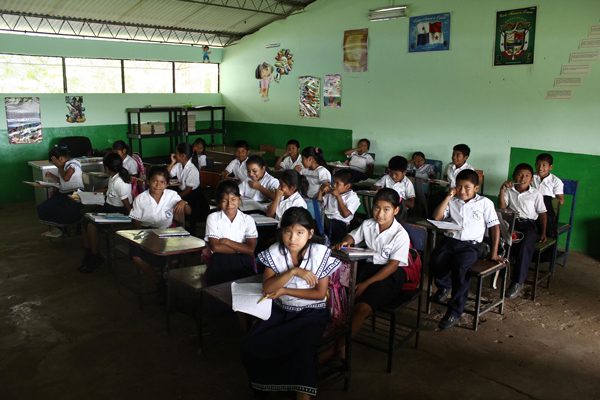
Giving Back to the Community
Finca Dos Jefes is proud to support the children of the Comarca Ngäbe Bugle. During our first visit in 2007, we became aware of the plight of 12 secondary school children who wanted to continue their education, but were faced with a forbidding three hour walk in each direction. Teachers at the magnet school had begun the process of turning an abandoned copper mine building into a dormitory where students could sleep during the week, however they still needed a way to feed these students. We were, and still are, pleased to fund this food program. The program now has 38 participants and is still growing.
